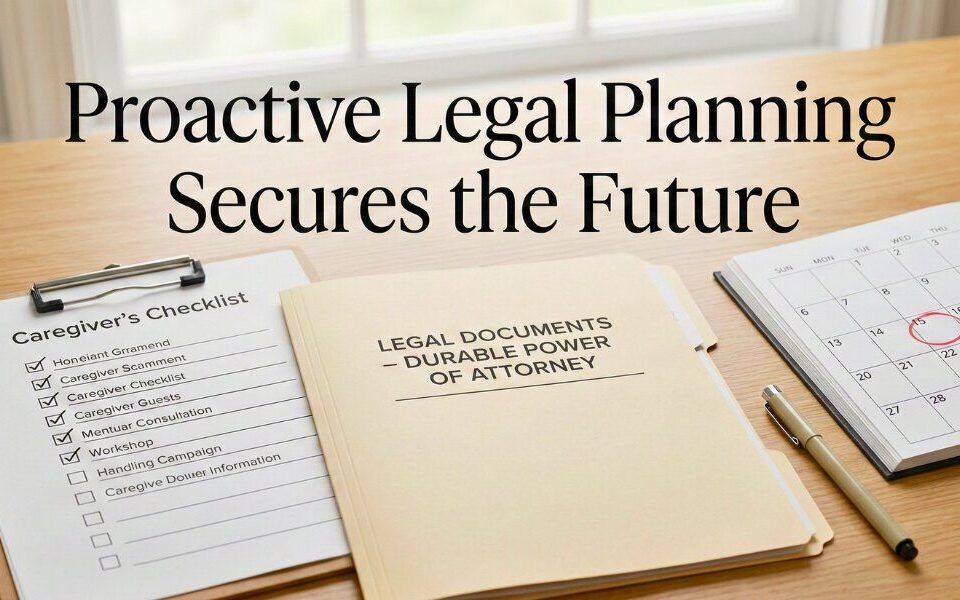It is an unpleasant reality that seniors are at greater risk for incapacity and death. That’s why it is so important to have your financial, legal, and personal affairs in order. One common way seniors do this is by establishing a power of attorney (POA) document.
A power of attorney can be beneficial in the event of an unexpected health crisis. They can also be useful for seniors who are losing the ability to handle their affairs. However, having a POA isn’t always enough. This post will explore other documents seniors should consider.
Important Legal Documents Seniors May Need
Last Will and Testament
Every senior should create a last will and testament as part of estate planning. It not only outlines the distribution of assets, but it can also cover essential matters such as funeral arrangements. Without a last will, the distribution of your estate may be subject to state law. The lack of a will could also lead to conflicts among your loved ones in the event of your death. Having a will ensures that asset distribution aligns with your wishes and prevents conflict.
Revocable Living Trust
Some seniors might want to transfer assets to a revocable living trust. In a revocable living trust, you can continue to manage and make decisions about your assets, such as investments and sales. In the event of incapacity, the trustee you designate can take over management. That ensures a trusted individual handles these assets and responsibilities. A revocable trust can also help your heirs avoid probate when you die. This document can provide flexibility for estate planning and protection during incapacity.
HIPAA Forms
Seniors might also want to consider the impact of the Health Insurance Portability and Accountability Act (HIPAA). While the act provides vital protection for health data, it can be an issue if a health emergency renders you incapacitated. Seniors can prevent these issues by signing a HIPAA release form designating an individual to access their medical information. Seniors can also designate a healthcare surrogate to make medical designs. That document would typically also provide the surrogate with the authority to access health records.
Advanced Healthcare Directive
An advanced healthcare directive is also commonly referred to as a living will. This legal document empowers you to make decisions regarding your medical treatments, especially when you are unable to communicate your wishes. It ensures that your healthcare decisions align with your values and preferences. A living will could cover DNR orders, life-sustaining treatments you want, organ donation, and more.
Beneficiary Forms
Seniors have many beneficiary forms they should consider. You might need them on bank accounts, insurance policies, retirement accounts, and pensions. Your beneficiary forms must be signed and updated to reflect the current information. Having an updated beneficiary form will help your heirs avoid the probate process.
These are essential legal documents seniors should consider preparing. You should also organize and prepare various financial documents in case of incapacity.
Do you need help creating a power of attorney or other estate planning documents? The experts from the Scott Law Offices are here to help. Reach out now to learn more about our services.




